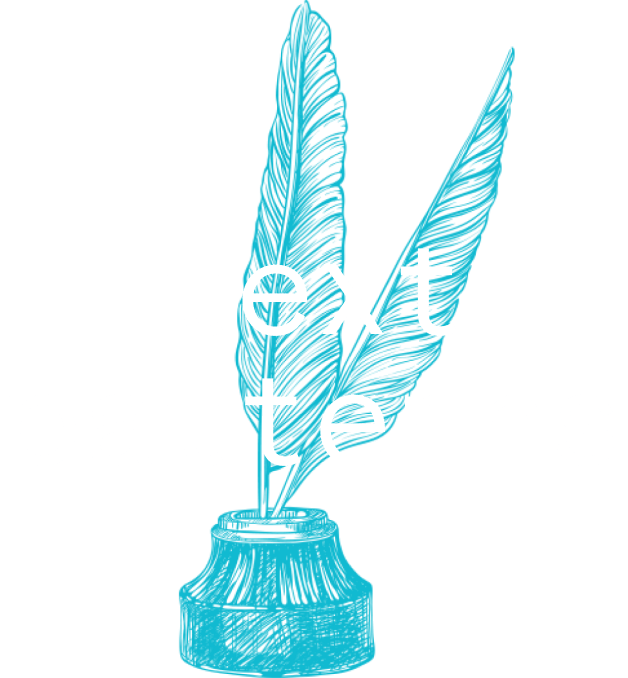February 13, 2017
building
A book that I have returned to often over the years is Gabriel Josipovici’s The Book of God. Josipovici is an English (though born in France) novelist and critic who, at some point in the 1980s, learned Hebrew and Greek in order to read the Bible, and The Book of God is an account of what he discovered when he worked his way...
